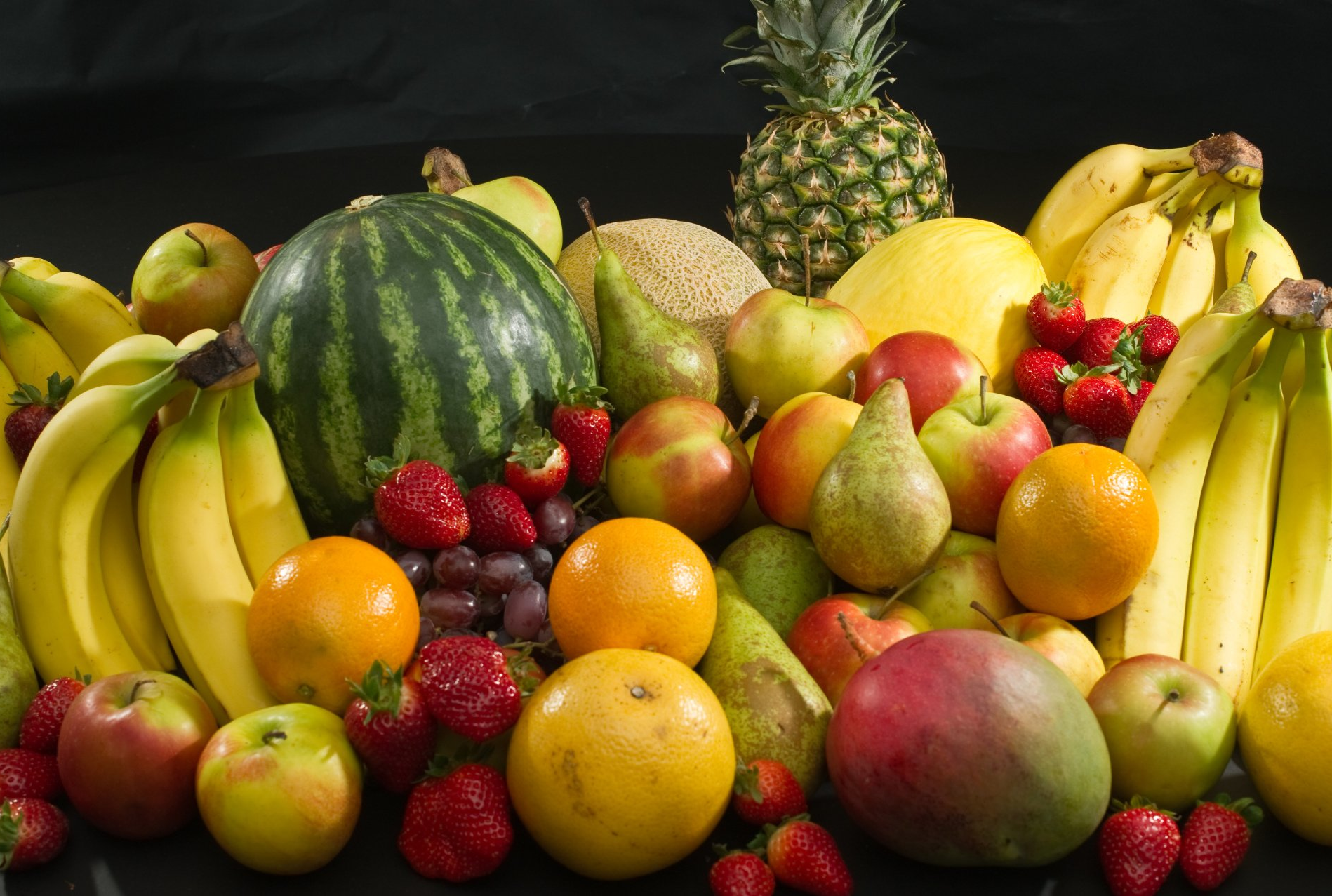What of Cultural Retention?
- By kwende ukaidi
- •
- 24 Nov, 2023
- •
Celebrating the Harvest of All-Year-Round Cultivated Effort for Upright Ascension

To have a focus of retaining
culture in a time when Afrikan souls are at their pinnacle norm of flourishing
civilisation, would probably have had little or no purposeful meaning. Yet, in
times where there is abject disturbance to Afrikan life, the story can be very
different. Whilst security is necessarily a general feature of this soul people’s
cultured living, the safeguarding avenue of retention is naturally and vitally
pronounced if their culture is under threat.
The term cultural retention has been given the following definition in a contemporary mainstream source:
“Cultural retention is the act of retaining the culture of a specific ethnic group of people, especially when there is reason to believe that the culture, through inaction, may be lost”.
Certainly, if subject to interruption and disruption Afrikan culture may be set upon in destructive ways by others that mean the Afrikan ill. Here, a dual process of cultural restoration and then retention of that which is restored may indeed serve Afrikan souls well. Despite outside efforts to render the Afrikan uncultured, it is through the self-determined effort of this soul people that they can hold onto their vital core substance of life.
Of course, culture does not exist in isolation for its own sake, it functions for Afrikan souls to realise their maximal potential and capability. This is firmly revealed throughout the ages with their pioneering thrust of brilliancy that established the greatest and most enduring civilisations ever to exist.
So, to retain their core of life that naturally empowers pinnacle civilisation is far from trivial. Rather, the ability of this primary people of creation to keep-safe their highly cultured norm is surely of crucial importance. However, souls may find it an impossibility to retain that which they have been shoehorned into lacking of knowledge in. Unknowingness of their own cultural fabric must surely then be replaced with best levels of culture-knowledge possible. It is only Afrikan souls that learn, restore and apply themselves to their own cultured ascension.
The loss of culture for Afrikan souls subject to state of interruption and disruption is seldom some arbitrary posture of inaction on their part. Active destructive efforts to impose contaminants of ill and the like are well known tactics of others bent on decimating Afrikan culture and the fullest flourishing of Afrikan people.
Still, it is this soul people who surely hold a responsibility and duty to themselves to realise their cultural restoration and retention. Or rather, the restoration of civilisation and its retention. Indeed, civilisation is not of happenstance.
Kwanzaa is one of the essential cultural observances of life within the Universal Royal Afrikan Nation. The Universal Royal Afrikan Nation (URAN) is an Afrikan-centred spiritual and cultural mission for ascendancy that embodies living spiritually and culturally rooted life. To find out more about URAN and its spiritual-cultural mission for liberty and nationhood click here. The exquisite URAN pendant can be obtained online by clicking here.
In his capacity as an Afrikan-centred spiritual cultural practitioner this author is available for further learning in this regard and also for the carrying out of ceremonies such as naming and name reclamation. For details please click here.
Afrikan World Studies programmes are an important forms of study in understanding the Afrikan experience. There are a range of subjects covered on these programmes including History, Creative Production, Psychology and Religion. To find out more about these learning programmes please click here. For the video promo for these learning programmes click here.
Also, in the approach to the important cultural observance of Kwanzaa, the text: From Pert-En-Min to Kwanzaa - A Kuumba (Creative) Restoration of Sacred First Fruits by this author is available to purchase online here. This publication provides informative detail on the of the Kwanzaa celebration. You can also visit the institution of Yemanja to pick up a copy.
At nominal cost, also consider acquisition of an a4 laminate poster of articulations by this author when visiting the Yemanja-O establishment to enrol, consult, learn, gather or otherwise.
Also, visit www.u-ran.org for links to Afrikan liberation Love radio programme on Universal Royal Afrikan Radio online.
